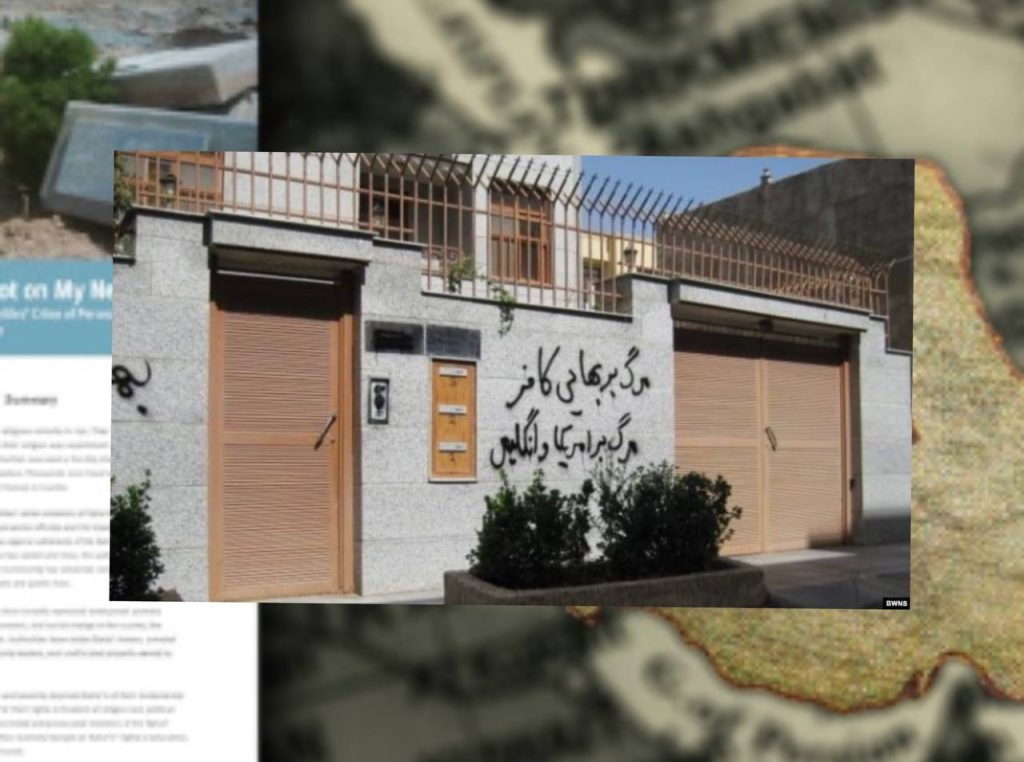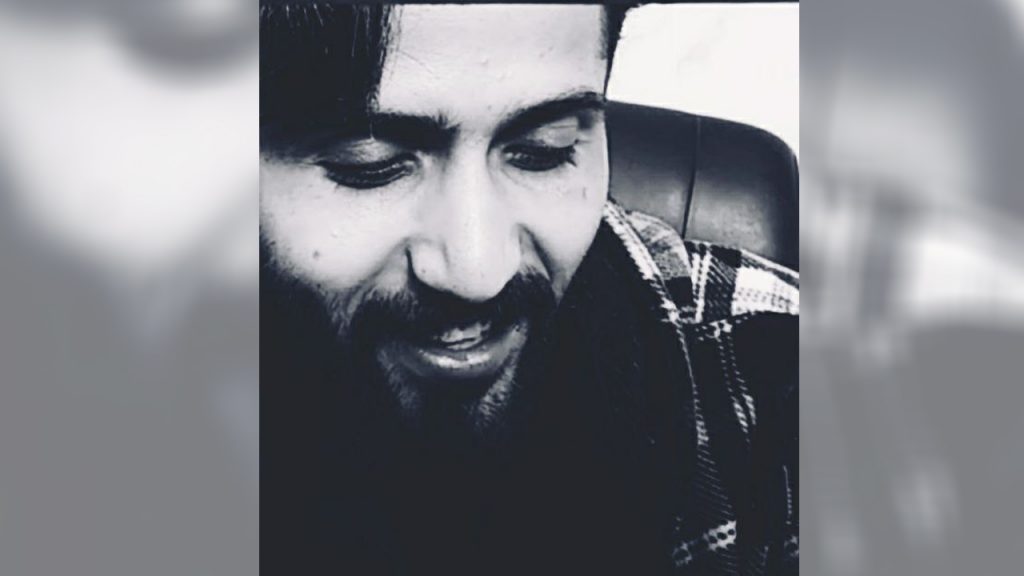
The past year has been one of the toughest years for Bahá’ís in Iran under the rule of the Islamic regime. The Human Rights Watch organization, headquartered in Geneva, published a disturbing report on the harassment and oppression of Bahá’ís in the year 1402 (Iranian calendar) in a 42-page document released on the 13th of Farvardin, 1403. This report, titled “A Noose Around My Neck: The Crimes of the Iranian Government Against the Bahá’ís in Iran,” meticulously documents the discriminatory laws, policies, and actions used by the Iranian government to violate the fundamental rights of Bahá’ís in Iran. The report states: “The systematic harassment and oppression of the Bahá’í community by the Iranian government over the past forty-five years, in violation of international criminal laws, constitute crimes against humanity.”
Bahá’ís in Iran are subjected to mistreatment in all aspects of their lives, ranging from arbitrary arrests and imprisonment to confiscation of property, deprivation of access to education and employment, and even prevention of proper burial according to Bahá’í burial customs. In addition, hundreds of Bahá’ís have been murdered over the past 45 years by agents and vigilantes of the Islamic Republic, and more than 200 Bahá’ís have been executed by the regime.
Over the past 45 years, the Islamic regime has not hesitated to take any ruthless action against Bahá’ís. This includes physical violence against Bahá’ís, confiscation of their properties, estates, and wealth, arbitrary arrests of men and women, young and old, and even children, deprivation of access to education, prevention from employment, and numerous other hardships.
The Islamic regime has relentlessly sought the physical destruction of Bahá’ís. Considering their religion and beliefs unacceptable, they have thrown Bahá’í men and women, young and old, even children, into prison, confiscated their homes and properties, deprived Bahá’í youth of education in universities, destroyed their sacred places, separated the burial sites and graves of Bahá’ís from those of other people, regularly vandalized tombstones, refused to employ or expelled Bahá’ís from any government or private job, forced them into migration, continuously propagated against them in media and religious ceremonies, and fabricated charges against them. All of these are examples of the genocide and persecution of Bahá’ís in Iran under the Islamic regime.
Separation of religion from the state, absence of an official religion, separation of religion and religious education, freedom of religion, and not having any religion or belief system imposed are all essential conditions to prevent atrocities against the Bahá’ís and other religious minorities. Despite the fact that basic freedoms and rights of the people in Iran have been severely violated by the Islamic Republic for the past 45 years, Bahá’ís have suffered even greater deprivation solely because of their beliefs, and their lives have always been in danger.
The Islamic government opposes and confronts everything progressive, modern, humane, and valuable to the world, from music and art to cinema and theater, from freedom of speech to free publication of books and periodicals, from the presence of dissenting voices and political and labor activities to civil organizations, from animal rights to environmental preservation. No independent organization or institution has been spared from suppression, imprisonment, torture, and execution of its key activists. However, the treatment of Bahá’ís has been far more despicable and backward.
Defending the followers of the Bahá’í Faith against the harassment and persecution of the reactionary and inhumane regime of the Islamic Republic is a human duty. It is necessary to defend the human rights of Bahá’í people against the Iranian regime with all available means and without any hesitation or conditions. One of the proud aspects of the resilient people in Kurdistan is the peaceful coexistence of all religions and beliefs, including the presence and tolerance of Bahá’ís. Kurdistan remains the only place where Bahá’ís have been and continue to be embraced by its people, and religion is considered a private matter for the people.

